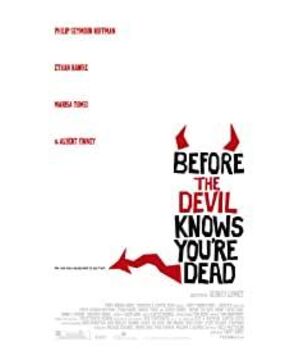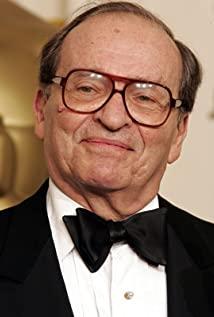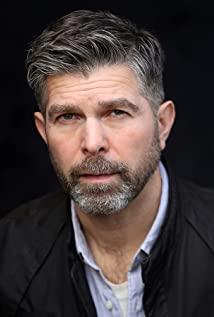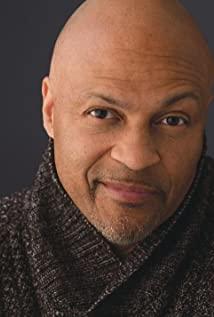Speaking of well-known Hollywood actresses who chose to star in stunning when they turned 40, the most famous of the older generations are probably Julie Andrews and Deborah Kerr. The reason why these two people are more impressive is that the contrast between the behavior itself and the elegance of the body is too strong. Especially the latter in "The Gypsy Moths" with Port Lancaster on the sofa passionate performance. The scale of its hotness far exceeds the famous romantic beach segment in "Follow the World" (although taking into account factors such as age and Hayes code and physical aging, this comparison is not fair). Generally, film critics will comment more implicitly: Miss Kerr has a professional spirit of selfless dedication to art. But some fans obviously don't think so. There is a paragraph in Imdb's message. Every time I see it, I can't help but laugh.
It's amazing! The British lady even showed her breasts. I mean Deborah Kerr. Surprisingly! The biggest question is how did director John Frankheimer convince Kerr to do all this at the age of 48 in 1969? Has he given her medicine, or is she really stupid enough to believe in Frankheimer's cliché that "everything is for art"? Regardless of the answer, one thing is certain. That is Frankheimer has a unique talent that we don't know (not in the direction of the director, but something else). His ability to persuade is unparalleled. If he becomes a diplomat and is sent to places such as the Middle East, Kashmir, or East Tamil, he must have achieved extraordinary results!
But today's Sister Tao, even if she intends to arouse similar indignation from fans, I am afraid she has more than enough energy. After all, time has passed. In addition, the younger generations such as Xiao Tiantian continue to surpass themselves in this regard, which greatly reduces the possibility of Hollywood half-aged milfs creating a sensational effect. But to be fair, Tao Mei's nakedness in this film has attracted considerable attention. At least he was ranked second in the 2007 Top 20 Missing Movies by a well-known website. Maybe it's a well-maintained and hot body that adds a lot to her?
So a more reasonable speculation seems to be that Rumit used Frankheimer's "cliche" to persuade Tao Mei to undress. And this involves the second question asked above. It is about the structural characteristics of the film.
Why does the director have to design a hilarious scene that many viewers (especially those who watch DVDs with families) can avoid before the official opening of the film? Why can't it be placed in the flashback plot of Hoffman playing his brother?
Let us first recall what happened before. In the robbery, the masked man and the female shopkeeper had a deadly gunfight. Hawke, who was waiting outside, drove away in a state of panic and pain. Then, the first flashback began: first he explained his brotherhood with Hoffman, and then Hoffman suddenly proposed a robbery plan against Hawke who was in a difficult life in the bar. The latter did not immediately agree. Why didn't Hoffman say where to rob? The reason given in the dialogue between the two is that Hawke must agree before telling him. But in fact, this is more out of narrative considerations, as will be discussed below.
Note that further down is Hawke who has sex with Tao Mei! At this time, you should understand why the sex scene appears more abruptly in the introduction part, right? The flashback made Hawke the absolute protagonist in the first 20 minutes. There must be his presence in the storyline during the period. That is to say, the elder sister-in-law sex scene cannot appear in this process, but at the same time, it is necessary to explain that the younger uncle and the sister-in-law are having an affair! How to do? I had to move it to the beginning part of the introduction, so that the relationship between husband and wife, the relationship between brothers, and the final triangle relationship progressively. It must be said that this is a passive approach. It was Rumit's own choice of multi-clue cross flashback mode that forced him to make this arrangement. Although the final dramatic effect is not bad, it is somewhat unnatural.
Relatively speaking, the relationship between the female shopkeeper and Hawke is much smoother. Because the audience met the old lady during the robbery at the beginning. Therefore, the director only needs to scan the scene very low-key over the family in the flashback paragraph of Hawke's daughter competition, and the careful audience will surely find that the mother is actually the old lady. And this episode must be before Hawke goes to the office to agree to his brother's plan, and then learns that he is going to rob his parents' jewelry store. Otherwise, the shocking effect Lumit hoped for would be lost!
I prefer this kind of narrative method that allows the audience to participate as much as possible. Billy Wilder once described it as Liu Bieqian's law: just write 2+2, and then let the audience come to the conclusion of 4. They will love you to death.
Later, my brother received a call after the failed robbery, and began his flashback paragraph, focusing on the criminal motive. Hoffman is a strange actor. I remembered that he had participated in the performance of Pacino's "Scent of a Woman" as early as 14 years ago. In it, play the rich kid who foils the protagonist's excellent qualities and finally betrays his classmates. At that time, I only thought that this person should not be old. In fact, Holman, who was born in 1967, is already 27 years old. Is the 27-year-old still acting as a middle school student, should it be considered a type with less face than the small face of the elderly? But what is strange is that when his reputation as the protagonist has risen in recent years, both his image and performance reveal a kind of vicissitudes and calmness that do not match his age (although nearly 40 is not very young). What made it mature in just ten years (the cruel vocabulary is: old)? It is unknown, but in any case, the image of his indifferent and ruthless robbery eldest brother in this film is relatively successful.
After Hoffman flashed back, the problem appeared. Why did the director directly cut to the family gathering in the hospital (among them, the flashback of the father played by Vinci is a bit redundant. That is, there is no dramatic plot to explain the curiosity of the audience, and there is no in-depth exploration of the family problems behind the tragedy), and Instead of switching back to the other end of the phone to show the desperate Hawk returning the car, dropping the CD, being blackmailed by the family of the deceased, etc.? What is the purpose of disrupting the order of time and space? I lost my clue for a while...
(Actually, I can't reach the recommended level)
View more about Before the Devil Knows You're Dead reviews











